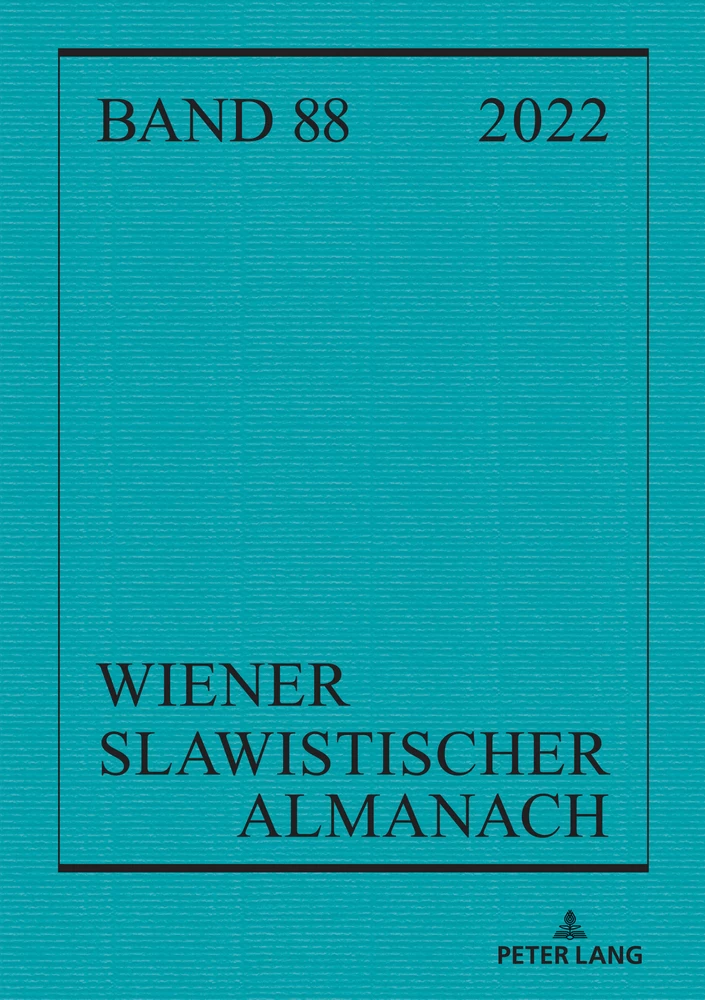Трудности лексикографирования поэтического языка (на материале тт. VIII–IX Словаря языка русской поэзии ХХ века)
Published March 8, 2023
Keywords
- lexicology,
- author lexicography,
- linguistic poetics,
- poetic language,
- corpus
Abstract
The Dictionary of the Language of Russian Poetry (20th Century) includes poetic lines from ten outstanding poets of the Silver Age: I. Annensky, A. Akhmatova, A. Blok, S. Esenin, M. Kuzmin, O. Mandelstam, V. Mayakovsky, B. Pasternak, V. Khlebnikov, and M. Tsvetaeva. Along with common vocabulary, the dictionary includes rare lexemes of various types, including obsolete and substandard lexis (colloquial, vernacular, and regional), borrowed words and foreign-language inclusions, and individual word usage. Such units of poetic language require special attention when working on a dictionary. They cause difficulties at all stages of dictionary work, from preliminary computer processing of poetic texts to the compiling of, and commenting on, dictionary entries. The dictionary provides systematized material for the deeper study of poetic language, including the study of trends in the development of the national language as manifested in poetry. Broader corpus material (the poetry subcorpus of the Russian National Corpus) is used for purposes of comparison. The article presents observations drawn from the experience of working on the dictionary.

